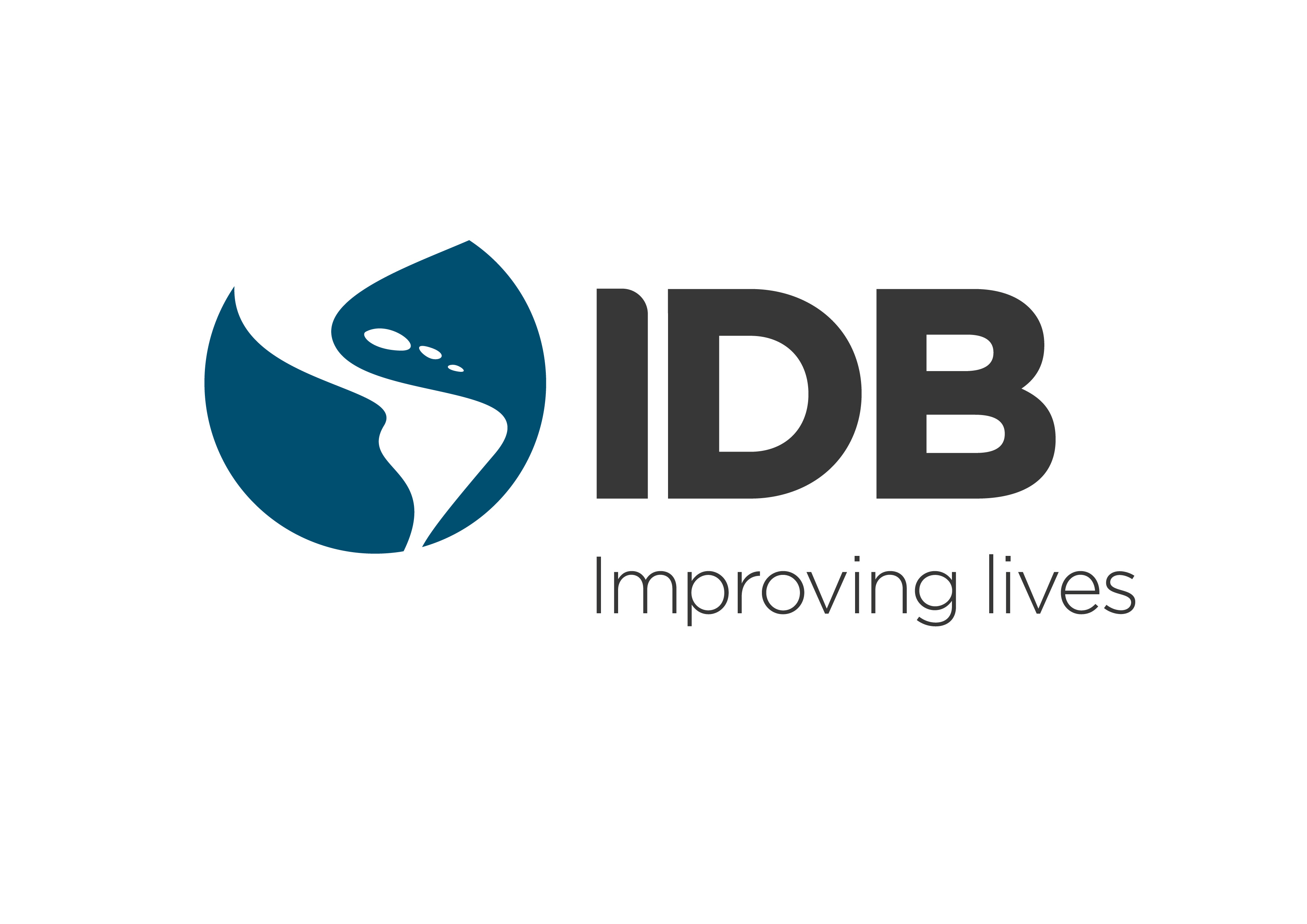IDB and BRDE Finalize $65M Debt Conversions to Aid Brazilian SMEs and Resilience
Beyond immediate relief, the BRDE-IDB operation reflects a deeper transformation in how development finance institutions approach risk management and resource mobilization.

In a landmark step toward enhancing financial resilience and sustainable development in Brazil, the Inter-American Development Bank (IDB) and the Banco Regional de Desenvolvimento do Extremo Sul (BRDE) have successfully executed four debt-conversion transactions totaling $65 million USD. The transactions, conducted between July 2024 and June 2025, showcase an innovative approach to debt management and foreign-exchange risk mitigation.
This effort not only supports fiscal sustainability for BRDE but also lays a new foundation for the IDB’s foreign-exchange-hedging operations, setting a precedent in regional financial strategy.
Converting Risk Into Opportunity
The transactions involved converting two long-term IDB loans originally denominated in U.S. dollars into Brazilian reals (BRL), thereby preserving their original maturities — extending into 2037 and 2047. By shifting from a variable-rate, foreign-currency structure to one in local currency, the institutions effectively reduced exposure to exchange-rate volatility, enabling BRDE to pass on the benefits through more affordable financing to its clients.
What sets this conversion apart is the use of a contingent mechanism with embedded options tied to Brazil’s credit risk, resulting in conversion rates 120 to 200 basis points lower than conventional alternatives.
“These transactions demonstrate how financial innovation can deliver real impact,” said Gabriel Yorio González, IDB Vice President for Finance and Administration. “By leveraging sophisticated hedging instruments, we secured more competitive local currency financing. This was made possible through our close partnership with BRDE and reflects our shared goal of enhancing resilience and fostering sustainable development.”
Empowering Small Businesses Post-Disaster
A substantial portion of the converted funds was allocated to “Em Frente RS,” a flagship BRDE initiative aimed at supporting the recovery of micro, small, and medium-sized enterprises (MSMEs) in the state of Rio Grande do Sul. These businesses were hard-hit by climate-related disasters in May 2024, which inflicted widespread economic damage across the southern region of Brazil.
Through Em Frente RS, more than 780 businesses received immediate financial assistance at a time when traditional support systems were overwhelmed or delayed. The program focused on recovery, continuity, and preserving jobs, reinforcing the social and economic fabric of the region.
“These transactions represent a pivotal step in BRDE’s funding strategy,” said João Paulo Kleinübing, BRDE Financial Director. “By reducing foreign-exchange exposure and enhancing access to capital, we’re directing support precisely where it's needed most. This not only bolsters economic recovery but also affirms our commitment to social impact and innovation.”
A Blueprint for Future Regional Financing
Beyond immediate relief, the BRDE-IDB operation reflects a deeper transformation in how development finance institutions approach risk management and resource mobilization. Traditionally reliant on on-lending mechanisms, BRDE’s ability to raise funds through direct currency conversion positions it to diversify funding sources and improve strategic independence.
This shift enables BRDE to maintain a broader and more flexible portfolio of credit offerings while aligning with Brazil’s macroeconomic stability goals. It also provides a replicable model for other institutions in Latin America seeking to de-risk foreign debt exposure without sacrificing long-term development aims.
Strengthening Regional Resilience and Sustainability
These debt conversions form part of the IDB’s broader commitment to financial innovation, climate adaptation, and economic inclusion. As Latin America continues to grapple with the compounded challenges of climate change, geopolitical uncertainty, and uneven growth, mechanisms like these offer a path forward that marries financial efficiency with real-world impact.
“This operation is a testament to the power of multilateral cooperation,” said Yorio González. “We are not just creating financial tools; we’re helping build resilience, foster sustainability, and create opportunities for inclusive development.”
Looking Ahead
As BRDE advances its role as a regional development agent, this transaction represents a significant step in bridging finance and climate resilience. The successful conversion and deployment of the $65 million in resources affirm a new financial paradigm—one that is strategic, inclusive, and future-oriented.
ALSO READ
Collaborative Efforts to Safeguard the Himalayas: Arunachal Pradesh's Vision for Sustainable Development
Private Capital: A Catalyst for Sustainable Development
Global South often received nothing more than token gestures on climate finance, sustainable development, & tech access: PM Modi at BRICS.
With sustainable development under threat, Sevilla summit rekindles hope and unity
How agritourism is emerging as public health strategy in sustainable development










